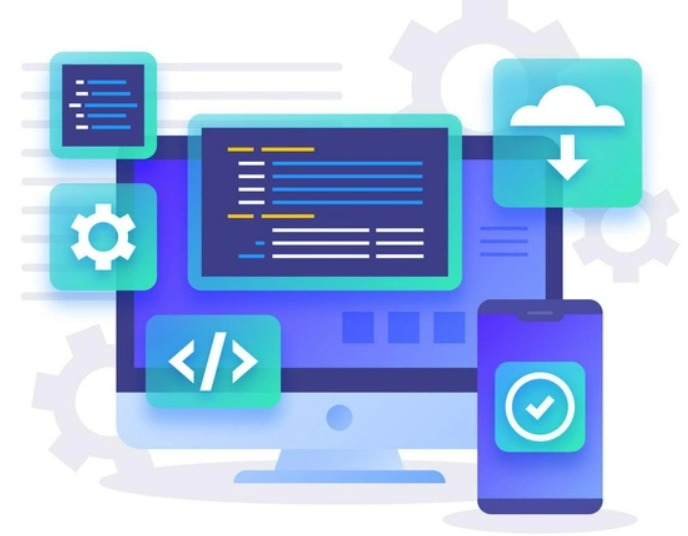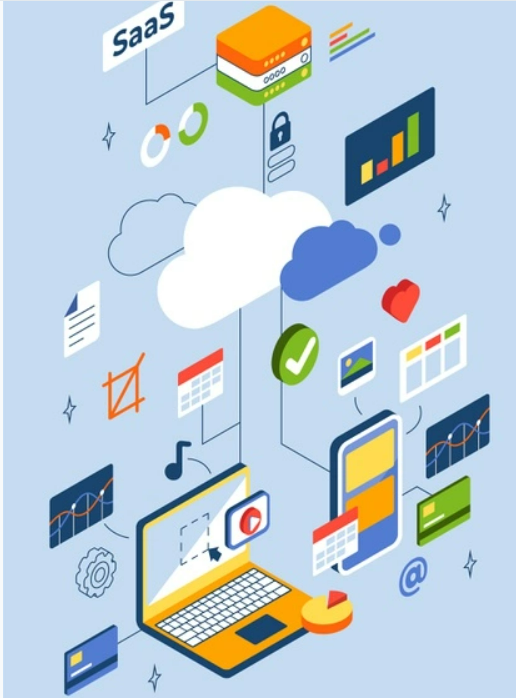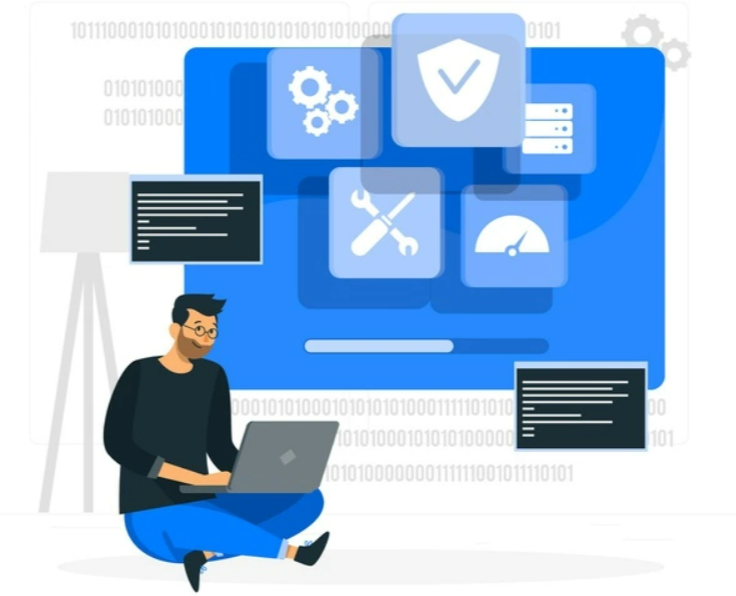Introduction to SaaS
If you are an entrepreneur or simply a little tech savvy, you must have come across the term ‘SaaS’. Expanded to “Software as a Solution”, SaaS has become the buzzword in today’s industry. Businesses across the spectrum are trying to integrate these SaaS tools into their business models for long term success and flexibility. In this blog, we would explore what SaaS really is. How it can help in your business and what benefits it would yield in the long term.
So, what is SaaS?
Just like in the early 2000s, there was a trend to outsource several operations like customer service to the BPOs. Business owners are now following the latest trend to outsource software development (and their continuous upgradation). To other vendors in the IT industry which specialize in them. These vendors provide Software as a Solution (hence the term SaaS) to solve various business problems and operations. Enabling the original business owners to automate, manage and monitor difficult tasks that are a part of their business.
Latest studies indicate that SaaS solutions are being adopted widely across industries, especially since the beginning of the COVID-19 pandemic. As a result, SaaS spending by businesses will reach USD 482 billion in 2022. Due to the simplicity, flexibility and most importantly, affordability, that SaaS software as a solutions provide, these tools are becoming an attractive option for entrepreneurs who want to completely focus on the innovation aspects of their business models.

How can SaaS solutions help in growing your business?
If you are wondering how simply outsourcing a software solution to another vendor can help in increasing your business revenues. Continue reading below to know how SaaS software as a solutions can simply transform your business and leave you with more streamlined operations at the end of the day.
Scalability with the help of SaaS
Most small businesses, when they are just starting out. Believe that it will be easier and cost effective for them if they developed a software solution for their use by themselves. They think this route will keep their data and operations secure from external interference. As the focus of the business is on their core product and operations. Building a software solution is a necessary but extra task in the earlier period. However, what often happens, as entrepreneurs begin scaling up their business, is that the software they developed with limited resources and manpower now no longer satisfies their complex business needs.
Now that their software becomes unusable with a bigger business scale. The investments made in creating their own software turn into a loss. This situation can be perfectly remedied by using a software solution from a SaaS vendor at nominal monthly subscription rates in the beginning. As the scale and complexity of operations increases when business expands, the business owners can simply pay a little more for the additional functionalities they would need in the software solution.
Cost Effectiveness with SaaS
As the SaaS solutions are built by a third party vendor, naturally the software is built to work across multiple types of devices. Without the need for separate and tedious software installation on each device. As these SaaS solutions are mostly cloud-based, all an employee needs to use the solution is to have access to internet and login credentials provided by the employer.
The businesses, on the other hand, don’t need to install servers on their premises or hire staff to support or troubleshoot IT operations. Since all these facilities will be provided as part of the SaaS solution by the vendor. Moreover, by using the pay-as-you-go model for availing the SaaS solutions, the businesses don’t need to keep investing in a software that no longer works for them. They can simply change the vendor and opt for a new solution.
Data Security in SaaS
Most SaaS solutions are cloud-based and thus the vendors providing those solutions. Continually upgrade their data security systems to protect the customer data of the businesses. Thus making it easier for the purchasing business to store their data on cloud and access it.
This means that businesses no longer have to install expensive antivirus software on the devices of all their employees. To save them from a cybersecurity attack. Thus, SaaS solutions offer integrability with all apps and devices of a business, without posing any additional security risk to the data.

Why you think you won’t need SaaS in the near future
As explained in the scalability section above, most small businesses start their venture with the mindset that they need to build everything from scratch. Even those components that are easily available as standalone modules for cheaper rates. Since they don’t want to compromise on their business idea. They believe they can preserve the intellectual property of their business totally by building all business components in-house.
However, they often miss out on the big picture and the benefits of outsourcing those tasks of their business which are not their core functions. Thus, there is no fear of intellectual property theft also. But this tendency of developing everything from scratch is especially true when businesses start out. With a vision of only the next few years and don’t take into account the enormous cost increases 10-20 years down the lane.
What are the benefits of SaaS in the long term
Now, let’s take a look at the bigger picture when a business idea does prove successful and gains thousands of customers. Naturally, to accommodate the ever-growing needs of such a large customer base. The business will need to hire hundreds of more people and expand to many more locations across the country.
Instead of hiring and maintaining a specialised IT team to develop their own solution at all locations. They can simply hire a vendor and customise an already existing SaaS solution. To fit the specific needs of the business for each team and for each location. What’s more? SaaS solutions are not only useful for the employees of a company. Many times they come with a customer app too. Then you can only imagine how SaaS solutions can minimise costs as well as stress and human resources related to maintaining a reliable customer interface at all times!

Conclusion
Although SaaS applications provide an elegant solution for most businesses, its potential to scale the vending machine business is perhaps the strongest. As current vending business works on standalone machines. Making these machines “smart” and integrating them through a SaaS solution can give the business owners unparalleled insights into customer behavior. And drive the scaling up of this retail option in tier 2 and tier 3 cities as well. Vendify provides such a SaaS solution that automates the entire supply chain of a vending business. To know more about how our SaaS solution can unlock the true potential of your core business idea, read our blog here or contact us at sales@vendify.in.
